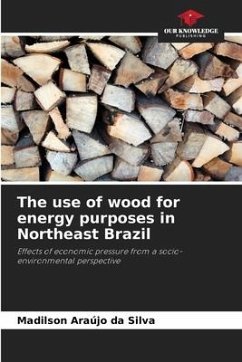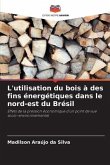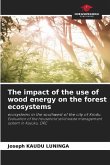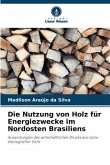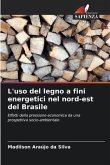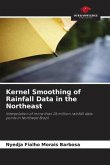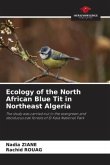This book deals with the use of wood for energy purposes in an area of the Caatinga Biome, known as the "Malhada Grande Complex", located in Northeast Brazil. Taking its historical process as a reference and seeking answers for the present, it investigates how local commerce has contributed to the increase in the removal of native vegetation and the consequent expropriation of human labour. It reveals an interaction process full of contradictions between subjects, through which demands related to the environment are compromised due to a functioning structure that privileges the economic sector, relying also on the timid performance of the public power, in charge of supervising and controlling actions, as well as offering conditions to reconcile the maintenance of rural populations with the sustainable use of vegetation.
Bitte wählen Sie Ihr Anliegen aus.
Rechnungen
Retourenschein anfordern
Bestellstatus
Storno

